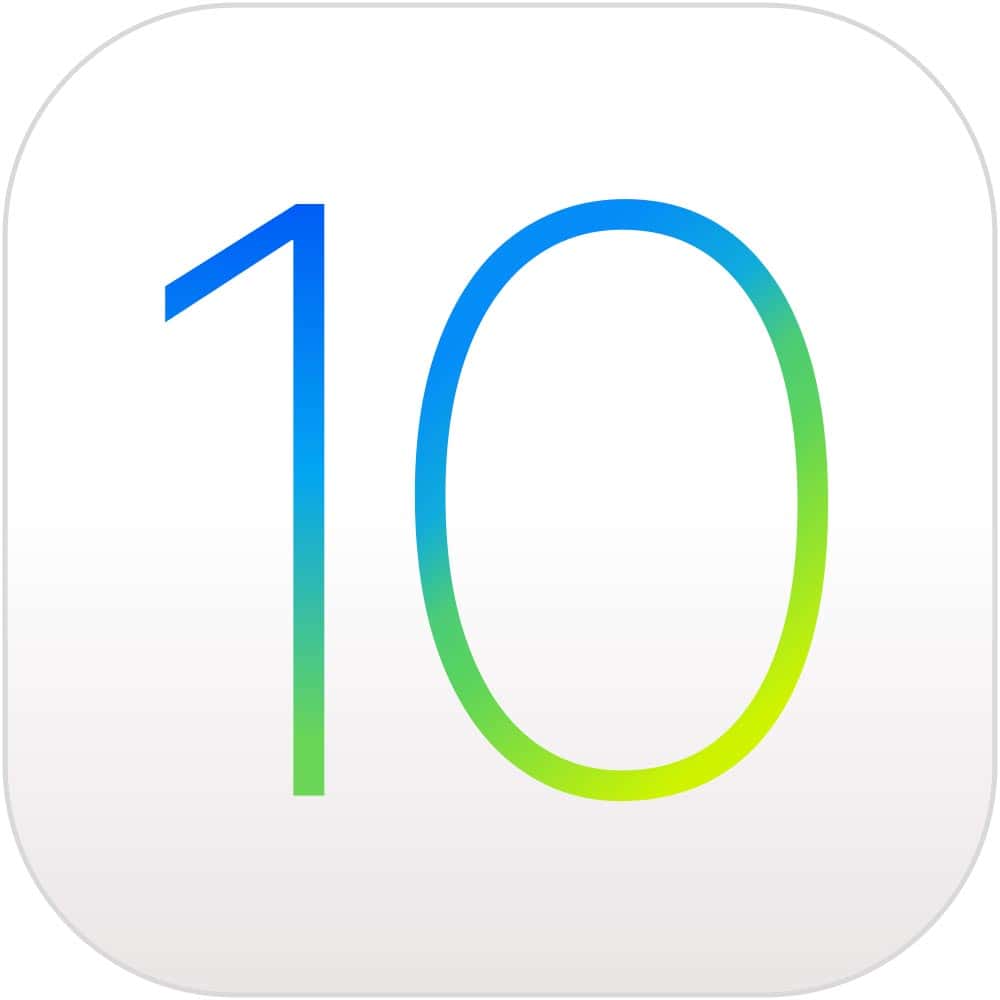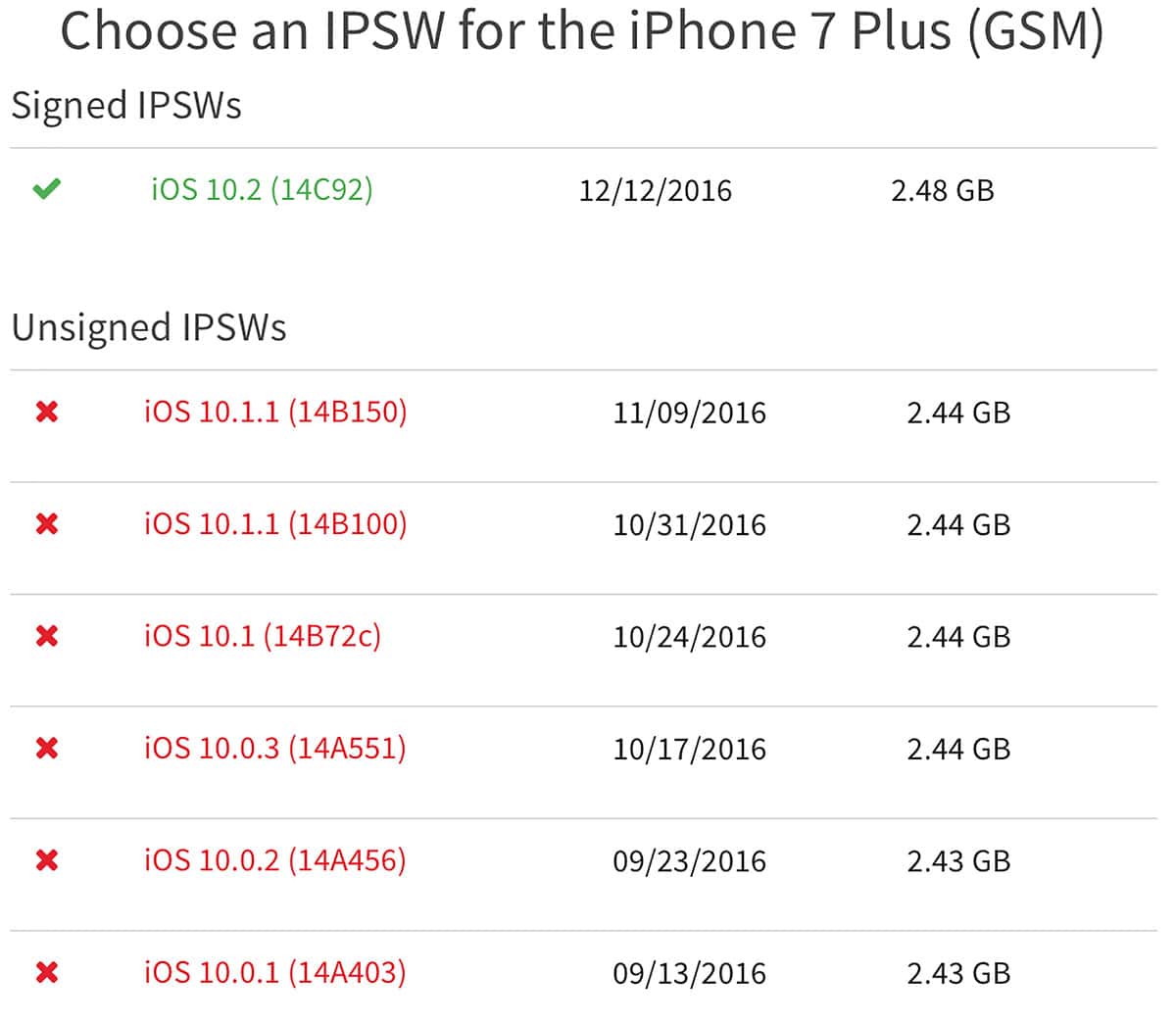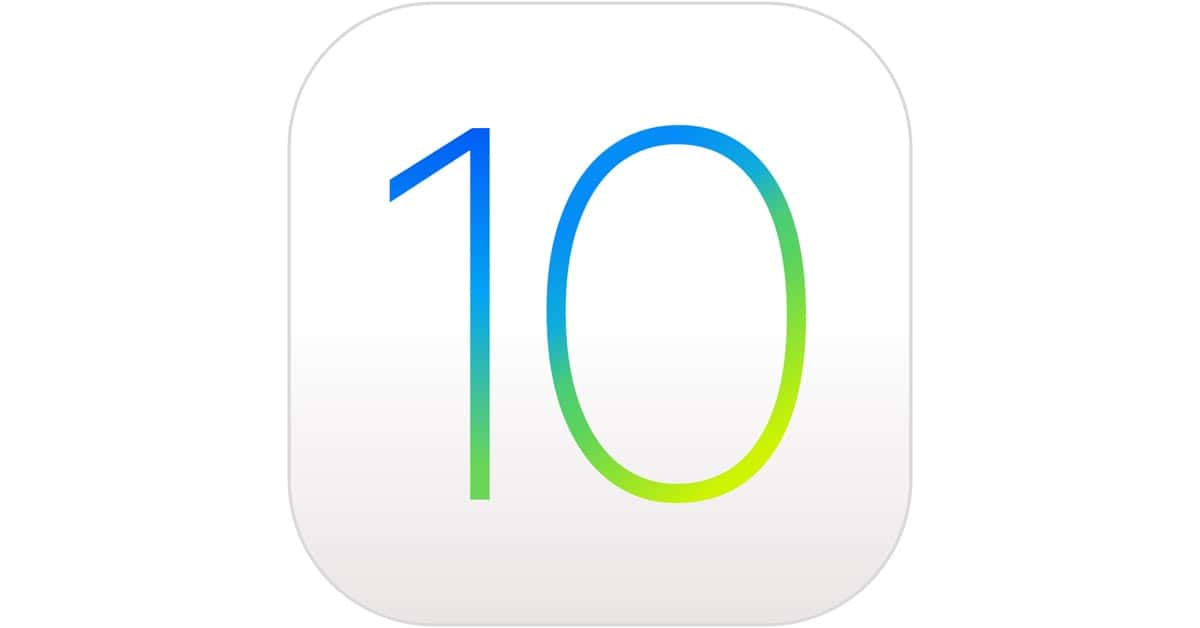
Code Signing
With every iOS update, Apple eventually stops signing the code of the previous releases. This is a security measure designed to prevent iOS devices from running code that Apple doesn’t approve. When you power your iDevice on, several things happen (via InfoSec Institute):
- The processor immediately executes code called the boot ROM. This ROM code is designed during chip fabrication. It contains Apple’s root certificates that is used to signature check the next stages of the boot process.
- After the signature check, the low level boot loader (LLB) is loaded. It runs a couple of different setup routines and checks the signature of iBoot before it loads.
- iBoot verifies and runs the iOS kernel, and your device fully boots up.
Chain of Trust
This process of signature checking is called the Chain of Trust. It makes sure that the low levels of the OS haven’t been tampered with, and that iOS only runs on validated Apple devices.
If even one step of the boot process [PDF] can’t load or verify the next process, the startup is stopped and your device will show a Connect to iTunes screen, also known as recovery mode.

If the entire Boot ROM can’t load or verify the LLB, it enters Device Firmware Upgrade (DFU) mode. When this happens and you connect to iTunes, the device is restored to factory default settings.
There doesn’t seem to be a definite timeline for how quickly Apple stops signing iOS releases. However, a website called IPSW.me provides the current signed iOS release, as well as a list of unsigned releases and the date on which Apple stopped signing. This Reddit thread also speculates that Apple usually stops signing within a maximum of two weeks.
The only Apple users affected by this are jailbreakers, but 9to5Mac noted that there was never a jailbreak available for either iOS 10.1 or iOS 10.1.1.
